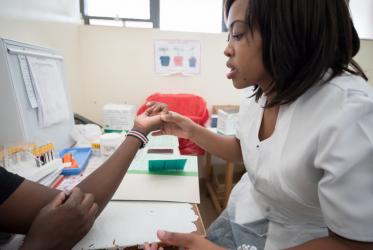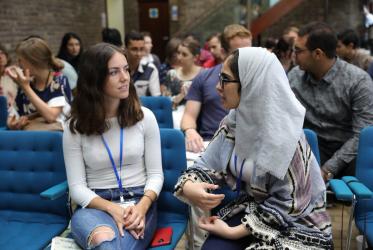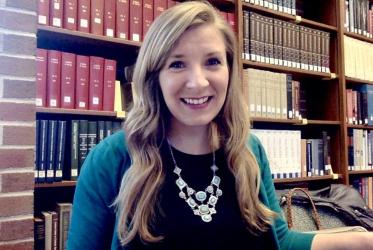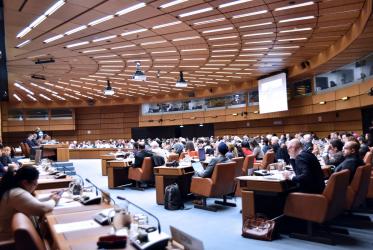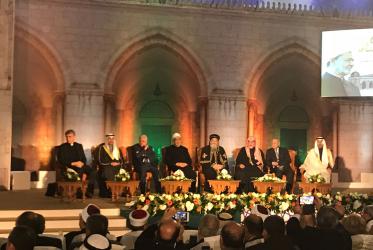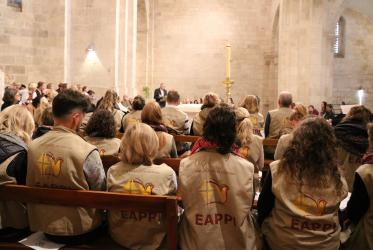Displaying 121 - 140 of 305
27 September 2018
Global Health Histories Seminar: Faith in Universal Health Coverage
17 October 2018
Ecumenical Centre, Geneva
Paving the way for ecumenical studies, learning English in Bossey
24 September 2018
#WCC70: Nathan Söderblom, ecumenical pioneer
29 August 2018
Faces of Hope raises awareness
07 March 2018
A voice of hope and justice in a sad context
22 February 2018
Turning plans into action to prevent incitement to violence
14 February 2018
WCC says future of Jerusalem must be a shared one
17 January 2018
Bishop Helga - diaconal apostle
22 December 2017
Trying to do good for the world
18 December 2017

